COURSES OVERVIEW

All of Will Ord’s courses are:
interactive
evidence informed
inspiring
very practical
Each course aims to nourish the ‘head, hand and heart’:
Head: Extend the understanding of key ideas and challenge prior knowledge.
Hand: Provide a rich variety of practical things to experiment with in different contexts
Heart: Motivate risk-taking and curiosity to try new approaches and techniques.
The average course feedback score is 95% ‘Excellent’.
COURSES
There are 8 core training courses. They can all be adapted to suit your context.
CAN PARENTS BENEFIT TOO?
Yes! Twilight or evening sessions can be arranged for parents. These can cover the following two areas:
SPECIAL OFFER
4 days for the cost of 3!
Book any four training days for the price of three. Create a bespoke CPD programme that really suits your context and builds in sustained development over 12 – 18 months.

GREAT FOR:
Getting your pupils to question, think and communicate really well across the curriculum.
WHAT DOES THE DAY INVOLVE?
This course will introduce the key principles and techniques of Philosophy for Children (facilitation, dialogue, enquiry and the 4 Cs of Thinking), and show how it can support all areas of the curriculum and pupil wellbeing. It will share many practical techniques that teachers can use to develop challenge, thinking, communication and social skills in the classroom.
P4C has been around for 50 years, and thrives in over 50 countries worldwide. Will Ord has practised it for 30 years, and was Chair of SAPERE, the UK charity for P4C. He brings a wealth of both classroom and teacher training experience to this course, and is a leading international trainer in this area.

WHAT WILL WE GAIN FROM THE DAY?
- The key principles and practices of P4C.
- P4C connections to the school curriculum and the needs of young people.
- Many techniques for colleagues to apply immediately in their context.
- An interactive experience of being in a ‘P4C enquiry’.
- Plans for next steps or a specific P4C enquiry with your class.
- Access to resources and further training options.
GREAT FOR:
Creating great learners in every classroom (and staffroom!).
WHAT DOES THE DAY INVOLVE?
This course explores many practical strategies for developing confidence, metacognition, independence, engagement, risk taking, thinking skills, good dialogue & memory. It begins by offering whole school strategies (Lesson Studies, Split Screen Objectives, Golden Lessons etc.) for developing great learners, and uses evidence informed resources (Applied Cognitive Science) to guide great practice.
Colleagues will experiment with many of the techniques and have opportunities to adapt ideas to their specific context. Great Learners is a very popular course with both primary and secondary schools. Come prepared for lots of powerful ideas and some challenging thinking!

WHAT WILL WE GAIN FROM THE DAY?
- Depth and clarity about what great learners are (and are not).
- Whole school strategies for developing skills and attitudes.
- Ideas for metacognition & independent learning in particular.
- Many techniques for colleagues to apply immediately in their context.
- Techniques to improve dialogue and memory.
- Access to resources and further training options.
GREAT FOR:
Subject specialist teacher training that will help to make RE more appealing, challenging and meaningful to pupils of all abilities.
WHAT DOES THE DAY INVOLVE?
Will Ord was Head of an RE Department that had 80 students doing the full RS A-Level (one third of the 6th Form). Come and find out how to build a thriving RE department! How can we develop our RE provision so that it shines as one of the most powerful and popular subjects at school? And how can Oracy support this?
This course will explore how RE Departments might structure and teach the curriculum content to engage with learners most effectively. Should we arrange the content by topic, concept, big question, religion or ethical issue, for example? How can we make our RE lessons more varied and exciting? How can we help students to understand ideas, rather than ‘just know the facts’? The day will also explore how RE can champion Oracy using P4C, The Good Reasoning Tree, and many other practical tools and techniques.
WHAT WILL WE GAIN FROM THE DAY?
- Time to think about the best way to structure your RE curriculum
- Practical strategies for making your RE lessons inspire all pupils
- Techniques for developing depth and challenge in learning
- Practical tools for integrating Oracy into RE very powerfully
- Direct experience of a Philosophy for Children (P4C) Enquiry
- Access to lots of RE resources: The Good Reasoning Tree and more!
GREAT FOR:
Upgrading three essential areas of learning that are often underdeveloped in schools.
WHAT DOES THE DAY INVOLVE?
Metacognition is well established in research as a very effective influence on pupil achievement (EEF, Hattie et al). It also underpins improvements in a pupil’s ability to memorise and understand new information, and to develop their sense of self-awareness (key to self-regulation). This course will give clear descriptions of these key areas, why they matter so much to learning and wellbeing, and offer a lot of practical techniques for colleagues to apply in both primary and secondary contexts.
Teachers will receive resources on metacognitive questioning, running a ‘metacognitive lesson’, a memory overview as well as games & strategies, and direct experience of mindfulness techniques for use with pupils. Come hungry – there’s a lot in this course!

WHAT WILL WE GAIN FROM THE DAY?
- Clarity on what metacognition is and how to apply it at the coalface.
- An overview of memory research and what that means in practice.
- An experience of ‘mindfulness’, and how to use it in your classroom.
- Many techniques for colleagues to apply immediately in their context.
- Time to co-create ideas with colleagues and gain fresh perspectives.
- Access to resources and further training options.
GREAT FOR:
Developing a toolkit for supporting the mental health of your staff and pupils.
WHAT DOES THE DAY INVOLVE?
Teachers will explore what mindfulness is (and isn’t) and why it’s a key life skill. They’ll also try it for themselves, and explore at least 10 techniques for introducing it to pupils of all ages. We’ll cover ground rules, ways to explain it, and lots of fun activities for children to try out for themselves. Expect a relaxing, inspiring and practical day!
Will Ord has been meditating for over 30 years, has walked 3000 ‘mindful miles’, and has spent a total of four years on retreat in the UK and India. He uses this significant experience to bring ‘mindfulness’ to practical life, in and out of the classroom.
WHAT WILL WE GAIN FROM THE DAY?
- A very clear understanding of what ‘wellbeing’ and ‘mindfulness’ mean.
- Direct experience of mindfulness practice (if you wish to!).
- Ground rules and ways of introducing it to colleagues and children.
- 10 techniques for applying it in your classroom.
- A bigger picture – what would a ‘mindful school’ be like?
- Access to resources and further training options.

GREAT FOR:
Developing critical thinking and communication skills – oracy – across the curriculum (for primary and secondary schools).
WHAT DOES THE DAY INVOLVE?
Our ability to argue well is central to great learning (especially exams and essays), healthy relationships, and our role as active citizens. It is also a statutory requirement as part of the National Curriculum. Unfortunately, many schools find it challenging to meet these demands well. The Oracy and The Art of Argument course addresses these essential needs head on, providing teachers with the concepts, practical tools, and skills to make their pupils ‘reason-able’ both online and in person.
Colleagues will explore the vocabulary, structure, tactics and the affective skills that can allow learners to enjoy the Art of Argument rather than fear it. We’ll use tools such as the 3Ps (pivot, pause or persist?) and Preparing the Ground to make critical thinking a lifelong skill. We’ll also apply The Good Reasoning Tree structure to upgrade exam answers and essays.

WHAT WILL WE GAIN FROM THE DAY?
- A very clear understanding of what good arguments are.
- Connections to many aspects of the curriculum & learning.
- Ground rules and ways of introducing argument to young people.
- Useful vocabulary for upgrading argumentation skills.
- Powerful techniques for applying argument in your classroom.
- Access to resources and further training options.

GREAT FOR:
How can teachers help their children to develop great thinking and communication skills at home? What questions, games and ideas would help their critical and creative thinking in enjoyable ways? This course will share lots of practical ideas that will upgrade young people’s thinking vocabulary, questioning, curiosity and listening skills.
WHAT DOES THE DAY INVOLVE?
Debating is a great way of developing confidence and skills with students. It involves the abilities to research, prepare, listen, present and argue in front of others. It contributes to all five British Values, Citizenship Education, SMSC, and all subjects requiring the evaluation of propositions (think GCSE and A-level exams!). Teachers of English, Philosophy, Psychology, Economics, History, Business Studies, Politics and Geography will find it particularly useful.
The course will cover 10 types of debate, resources and competitions, the 3 Elements of Great Speeches, and a whole host of practical activities for use in the classroom. In particular, colleagues will use the very popular resource of The Good Reasoning Tree which helps to students structure debates and deepen thinking beyond simple ‘pros and cons’.

WHAT WILL WE GAIN FROM THE DAY?
- A clear understanding of debate types, and their purpose.
- Many resources for debating, competitions, and clubs.
- The 3 Elements of Great Speeches (rhetoric – ethos, pathos and logic).
- The Good Reasoning Tree to structure speeches (and exams / essays).
- Powerful techniques for developing debating skills in everyday lessons.
- Access to resources and further training options.
GREAT FOR:
Increasing pupil retention by making pupil transition from year to year a real strength.
WHAT DOES THE DAY INVOLVE?
Typically, ‘transition’ is thought of as the move of pupils from primary school to secondary school with its attendant disruption to pupil progress. Almost typically, high attainment in Year 6 can be significantly set back by the move to Year 7. However, transition can be disruptive to learning between all year groups, be it from Reception to Year 1, or Year 9 to Year 10. This course supports schools (MATs in particular) in making a strength of pupil progress through their educational journey over every year.
Based on a 4 year project with 30 schools across the UK, teachers will gain access to many practical ideas and resources that really improve pupil development in 5 key areas (The 5 Bridges of Transition). Colleagues will analyse the strengths and weaknesses of current provision, identify low effort / high impact improvements, and receive a range of tried and tested resources for making significant gains in those areas. These include evaluation tools, transition templates, ideas for a ‘Transition Leader’, and provisions for parents.

WHAT WILL WE GAIN FROM THE DAY?
- An practical understanding of the 5 Key Areas of Transition.
- Identification of strengths and weaknesses, and a plan for improvements.
- Models of best practice and effective strategies.
- A copy of The Transition Guide – a goldmine of useful ideas!
- Pedagogies & approaches that make the learning journey coherent.
- Access to resources and further training options.
PARENT SESSIONS

GREAT FOR:
Engaging parents with ideas and activities that will help their children to become great learners.
There are two options, each typically 2 hrs long (with a brief break) as an after school or evening session:
Parents – like schools – want their children to have ‘successful lives’. But what are the key elements of a ‘successful life’? What does the research say? This session explores this question, and dives into the areas of confidence, resilience and Growth Mindsets. It will share lots of practical ideas, some useful cognitive science, and help parents to appreciate the surprising secrets of praise; when it’s helpful (and not so helpful!). Parents will leave with a greater appreciation of what your school is doing to support their child’s learning, and tools to build confidence and resilience at home.

How can parents help their children to develop great thinking and communication skills at home? What questions, games and ideas would help their critical and creative thinking in enjoyable ways? This session will share lots of practical ideas that will upgrade young people’s thinking vocabulary, questioning, curiosity and listening skills. This will support home life and benefit all those at school too!


“An excellent speaker with a great subject knowledge who provides excellent ideas to take back to the school.”
Philosophy for Children Course delegate.
